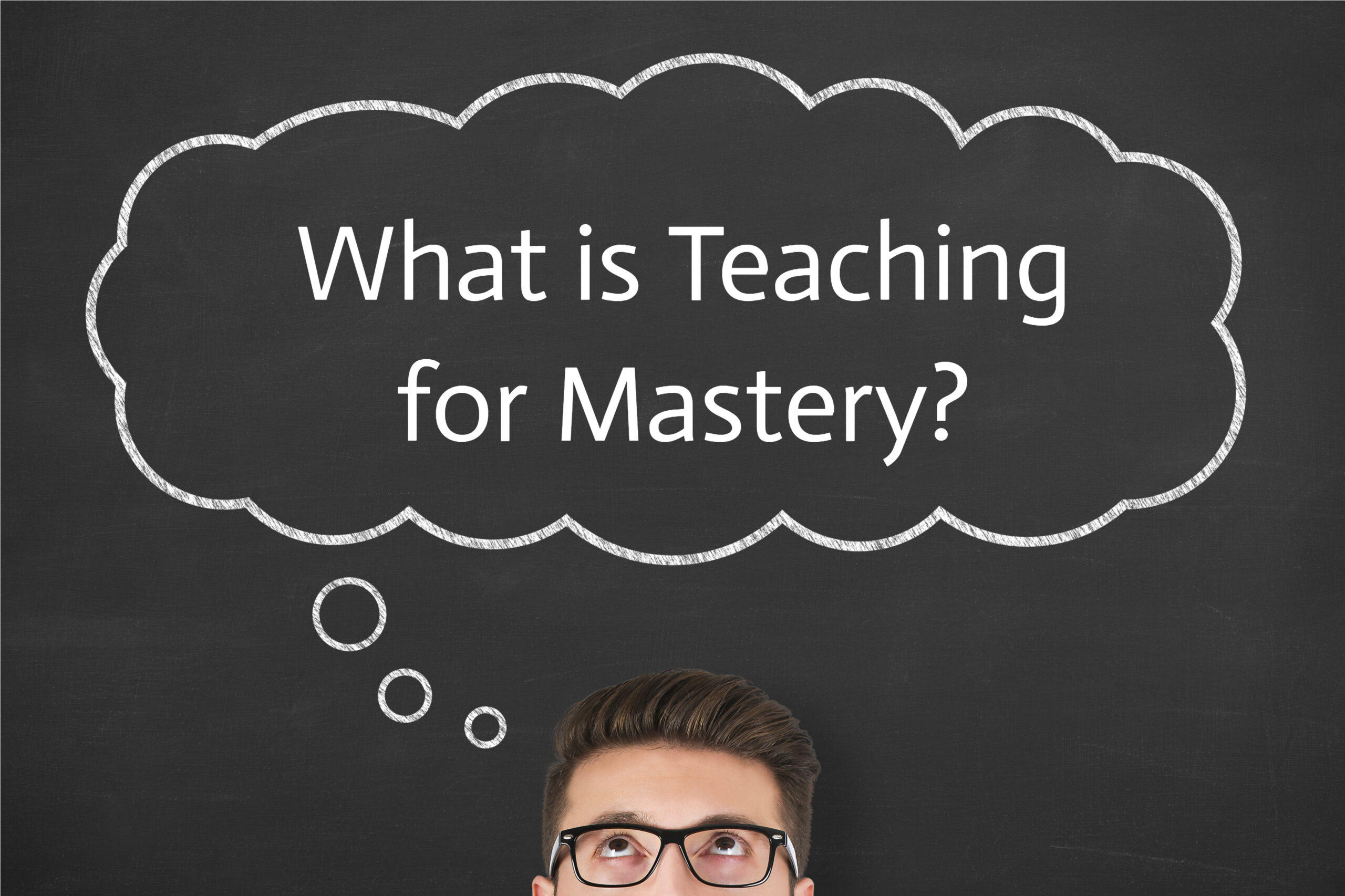
Mastery is not a new idea, but perhaps it seems like a new word that has been used for something we have always wanted for children – for them to understand conceptually and procedurally the mathematics they are learning.
For this to happen, a number of things need to be in place.
Firstly in order to achieve something, we must know what that thing is. Mastery has been defined as deep understanding, but what does that entail? The aim is that pupils will master the mathematics appropriate for their age. So it is something for all pupils to aspire to, not just higher attaining ones. Mastery of mathematics includes developing pupils’ conceptual understanding (how ideas relate to each other and how they are reflected in procedures); fluency with procedures and selecting the most appropriate ones, as well as being able to recall number facts, be able to reason mathematically and develop fluency in using appropriate mathematical terms.
Secondly, teaching for mastery requires teachers, support staff, parents and pupils to be confident that all pupils have the potential to master mathematics at age related expectations. Believing that all pupils can master mathematics is not enough though; mathematics has to be taught in such a way to make it possible.
Thirdly, for pupils to master mathematics, teachers must have a deep understanding of the mathematics for themselves. They need to be able to identify the concepts that underpin what they are studying. It is also recognising how they relate to other concepts the pupils are familiar with and helping them to make those connections. Linked to this is fluency with mathematical terms, so that concepts are explained correctly and appropriately.
Fourthly, teaching for mastery employs very careful pedagogical choices. Underpinning it is Bruner’s C-P-A approach (as I said, nothing new!) What may be slightly different is adopting a C-P-A approach for all children, in each lesson across the key stages. Beginning with pupils interacting with physical resources helps them to develop conceptual understanding as well as making the mathematical terms meaningful as they are related to first hand experiences with the concept. Varying the representations to highlight different aspects of the concept and deepen understanding is known as conceptual variation. Lessons then follow a structured step-by-step approach in which the tasks set and questions asked to allow rehearsal of a procedure and the opportunity to explain it before adding complexity. Carefully varying the complexity of the problems to enable pupils to consolidate and extend their fluency with a procedure is known as conceptual variation.
Finally, teachers and pupils need to know whether or not they have mastered the mathematics they are learning. Using conceptual and procedural variation, providing all pupils with the opportunity to learn through concrete and pictorial experiences and then enabling them to communicate through written symbols and using correct mathematical terms helps pupils to demonstrate what they know and understand and for teachers to assess it and identify potential misconceptions and next steps in their learning.
Laura Clarke,
Primary educator for 25 years, Local Authority Advisor and Senior Lecturer.
To find out more about mastery and to discover whole-class resources that will assist you in teaching with a mastery approach, visit our maths mastery website: www.collins.co.uk/MathsMastery


